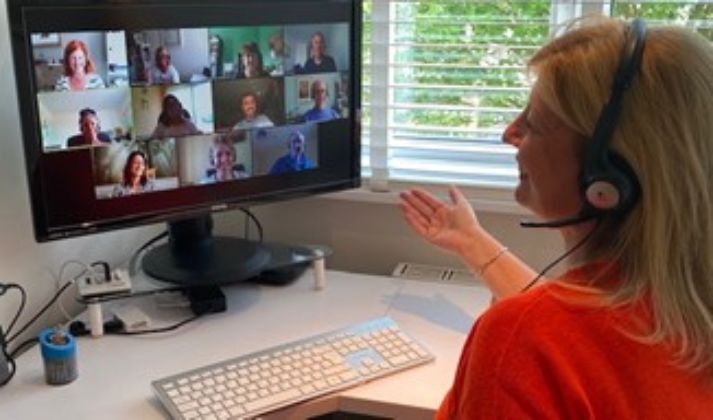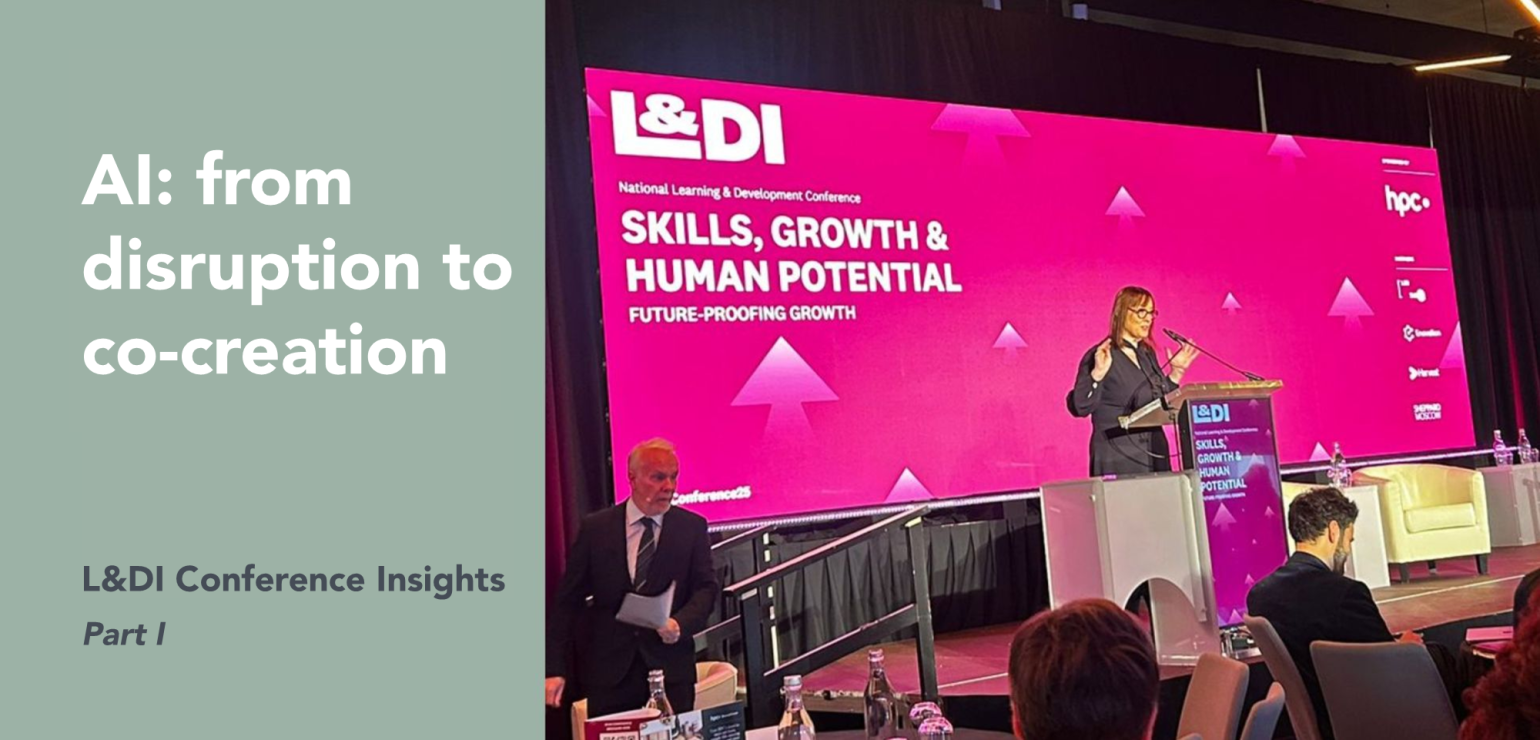Workplace of the Future

The amount of people working from home, globally, on what may be a semi-permanent basis, has skyrocketed. And with recent surges in Covid-19 figures, we have to wonder if ‘office life’ will ever be the way it was.
What is the purpose of the office now? And who gets to decide that? Will your ‘theory’ of the workplace make you an employer of choice or an employer to leave as soon as one can? What does this mean for Leaders?

Are we working from home or living at work?
From March, many people given the decision adapted to their new-normal life, and looked ‘thru a lens’ of enjoying the increased time with family and freedom from commuting, bird watching and nurturing of bread starters. However, it is most likely the people who benefited the most are the ones with room to work at home with full, stable connectivity. They are not sharing space with family members, school children or even flat share co-tenants. In addition, people are struggling with working across global time zones – whereas once you could only be in one place at any one time, now you are expected to be in Beijing at 7am and Washington at 9pm and often in a back-to-back matter in an endless ding and chime of video calls. This blurring of boundaries and work life balance is going to become a health and mental issue.
Indeed we are now hearing a lot about the wellbeing and occupational health implications of people not being properly equipped and conducting meetings with a laptop balanced on their knee as they perch on the end of the bed (or from their bathroom!). Struggles to keep clear space in calendars for action and thinking instead of being hooked into an endless video call, and vain attempts to do walk and talk meetings in the “old fashioned” way with a mobile, only to be thwarted by weather or the need to be looking concurrently at another document.
Unsurprisingly many employees are yearning for the days of yore where an unpredictable train schedule, or the turn-off of a desktop at the end of the day, were unknown pathways to happiness. Lost also is the human companionship and brain share that the office allotted us.
It is immediately clear there is not a binary answer to the question as to whether people should go back or not. Instead organisations, in looking at what their future workplace and office will be and how they will function need to find nuanced solutions that take into account many new variables.

What is the office for?
Perhaps the first question to consider is ‘why have an office at all?’.
In the early twentieth century offices were thought to be places of efficiency, and control. Management kept a steely eye on workers as they clocked in and out having completed their tasks. But our world of work is different now, and technology has enabled us to function, communicate and interact from many different places. Recent experience has shown productivity has not been negatively impacted for many firms. The positive environmental impact and cost implications of moving away from these organisational ‘cathedrals’ is enormous. And then, of course, the ability to work remotely opens up a slew of possibilities in relation to becoming more inclusive.
The freedom from a physical ‘place’ could enable more people than ever before who have previously been excluded from joining cultures and bringing their ‘difference’.
So do we really want to go back to something so antiquated, that the Pandemic has so globally disrupted in one fell swoop?
Well, for many people, the physical interaction with team colleagues and clients creates many other benefits ranging from a sense of belonging, cultural identity and communion. Similarly, coming together can create support and human contact. We hear lots of reports now of people feeling lonely and out of touch.
In addition to the relational benefit, many of us value those ‘corridor’ chats or ad-hoc conversations that aren’t formally time-tabled and yet from which great ideas occur, or alliances emerge. So, coming together is advantageous for the purposes of ideation and creativity. In addition, for some people at a personal or psychological level ‘going to work’ is important.
It is certainly clear that the value one attaches to a ‘place of work’ varies from individual to individual and organisation to organisation (and even culture to culture).
So who decides?
This is challenging. Whether you choose to give complete freedom to employees to ‘work whenever and from wherever they want’ which has huge benefits but requires huge investment – or if you mandate specific ‘office working’ days the implications are huge.
We need to invest in equipping people to deliver their work in a sustainable and healthy way. Boundaries need to be re-contracted to allow people to truly switch off. Whichever way you go, it is clear employees have more agency and important to treat them as equals in the decision.
That is a huge paradigm shift. We will need to ask our people and listen to what they need, and balance that with the needs of our organisations

Implications for leaders
Whichever way we go, this will require big shifts in attention from leaders. Leaders will need to think about building teams remotely and maintaining engagement, motivation and building virtual aspects of the organisational culture that previously relied upon physical motifs. Leaders will need to be more aware than ever before of biases and assumptions about ‘what works’.
Leaders will need to learn how to value and respond to difference. The psychological contract is changing forever.
If we look ahead it will be interesting to consider what history will say about this whole moment in time. That the global pandemic that united everyone on the planet in grief, pain and discomfort will leave us with a legacy of a very different future of work.
Sheppard Moscow’s view
It is hard to form a fixed opinion on such a topic when everything is changing at breakneck speed. But for us in Sheppard Moscow, a few things are clear and we will need to pay attention to these to succeed going forward.
It really seems there will never be ‘return to work’ (in the way that it was before) as that conveys a sense of going backwards. We need to look forward and be driven by what we believe to be the purpose of the office so we can think about what new opportunities lie ahead, and workplaces are created that are safe relational hubs and places of meaningful exchange.
It is also clear to us that employees need to be given more voice in the debate and acknowledge they play an equal role in agreeing and redefining the psychological contract. We need to respect difference and create true flexibility at a psychological as well as physical level.
Leaders need to lead with more openness and curiosity than ever before and invest time and energy in building teams that can thrive in the virtual setting. Above all we need to experiment and learn from all of this.
We will learn, and perhaps, if we’re lucky, create a real Future of Work that is worthy of the people that work in it.

 Deborah Gray
Deborah Gray 
 Aoife Keane
Aoife Keane 
